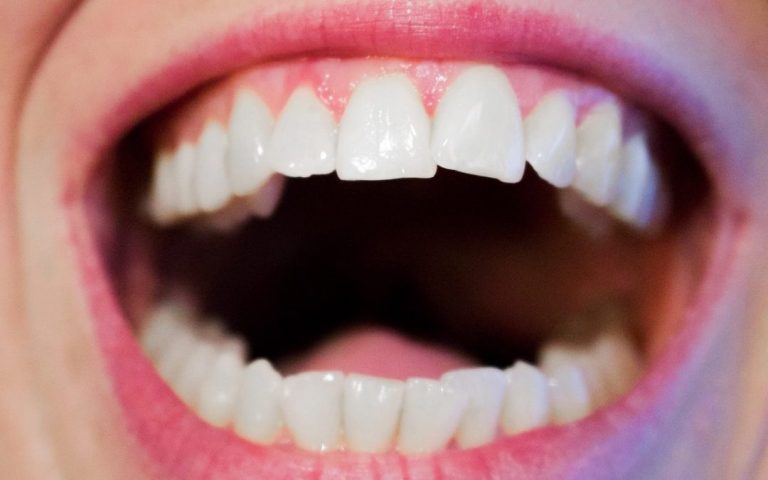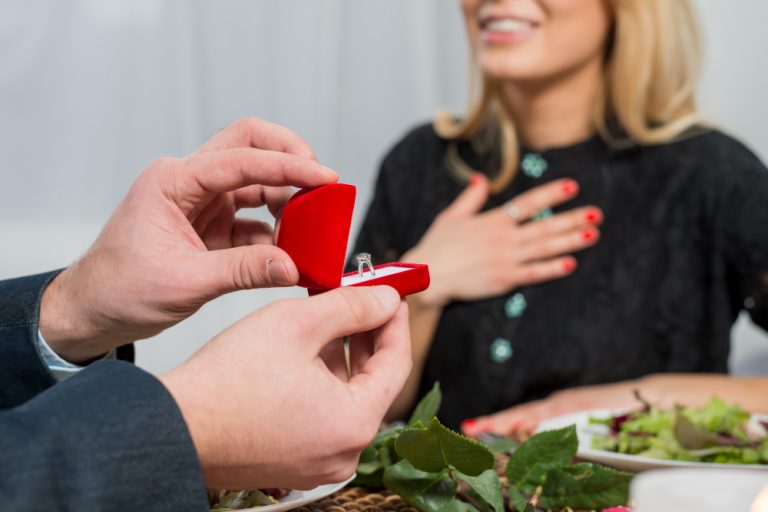Sugar and teeth don’t go well together. Sugar has a direct link to the risk of tooth decay, but many people are unaware of how. Sugar is present in many store-bought foods, and it is the food that bacteria need to form plaque.
Plaque, by a specific mechanism, erodes and decays the teeth over time. The trick is to get rid of plaque as soon as it appears and to restrict your sugar intake. Learn how sugar is linked to tooth decay, how it occurs, and what you can do to improve your oral health by avoiding sugar.
Sugar and Teeth
When it comes to sugar and teeth, the quantity of sugar in your diet isn’t as important as the amount at which you consume it. (As well as what you do afterward.) The Sugar in juices and sodas slips between your teeth, clinging to places that can only be washed by flossing thoroughly. Sugars can be difficult to extract even with diligent brushing and flossing.
While good oral hygiene is beneficial, those hard-to-reach sugars provide food for hungry bacteria, resulting in tooth decay and cavities. Sugary foods often leave significant quantities of sugar residue on your teeth, which is difficult to dissolve with your normal saliva production. If these sugars are allowed to ferment, bacteria can flourish and eat away at your vital tooth enamel. Weakened tooth enamel causes cavities and holes to form in the teeth.
Sugar Today
It’s also crucial to change our minds about sugar. Sugar isn’t only found in candy and desserts, contrary to common belief. Sugar can be found in seemingly innocuous foods such as bread, peanut butter and jelly, applesauce, graham crackers, and other treats that parents believe are nutritious.
Ideas for Dealing with Sugar in the Daily Diet
It takes preparation and tracking to develop healthy eating habits that reduce the amount of sugar in your child’s diet, but it’s well worth it!
Here are several suggestions for reducing sugar consumption and assisting your child with dental hygiene:
- Schedule dental appointments for your child as soon as they turn one year old, or within six months of the eruption of their first tooth. Children, like adults, can visit the dentist at least twice a year.
- Keep an eye on the labels on the items you consume. Take a look at the sugar content. All foods with more than a few grams of added sugar should be avoided.
- Soda isn’t necessary for children. If at all possible, stop giving it to them. Limit juice intake and choose flavored juices with zero grams of added sugars.
- Treats should be something unique rather than something served at any meal.
Sugar-Free Foods and Drinks: How to Protect Your Teeth from Acid Attack
You must be careful when it comes to protecting your teeth from sugar-free foods and beverages. The sugar substitute used in the drink, as well as any acidic additives that can damage your teeth, can all be found on the bottle. You should also practice good oral hygiene, minimize your consumption of sugar-free foods and beverages, and have your teeth professionally cleaned regularly.
Wrapping Up!
Hope you’ve heard something new about your mouth, sugar, and how to avoid cavities. The tips above will not only strengthen your teeth, but they will also make your whole body healthier. If you found the information in this article to be helpful, please pass it on to a friend who consumes too much sugar.




